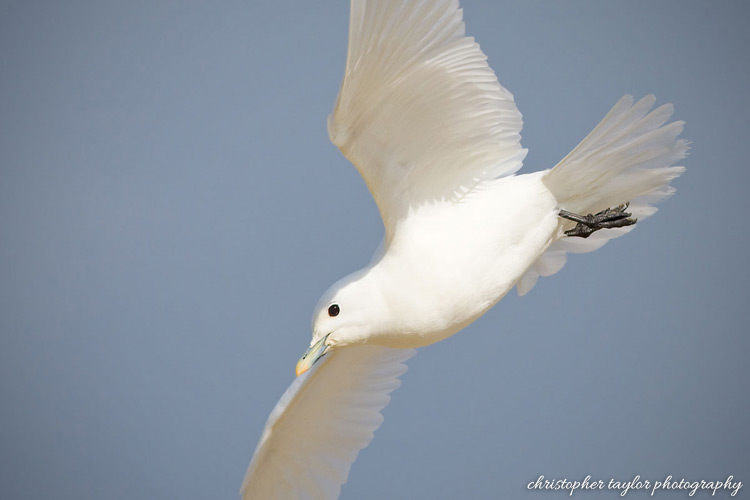|
Christopher Taylor
Nature and Wildlife Photography
| kiwifoto.com |

|
|
All images and video © Copyright 2006-2026 Christopher Taylor, Content and maps by their respective owner. All rights reserved. |
|
Christopher Taylor
Nature and Wildlife Photography
| kiwifoto.com |

|
|
All images and video © Copyright 2006-2026 Christopher Taylor, Content and maps by their respective owner. All rights reserved. |